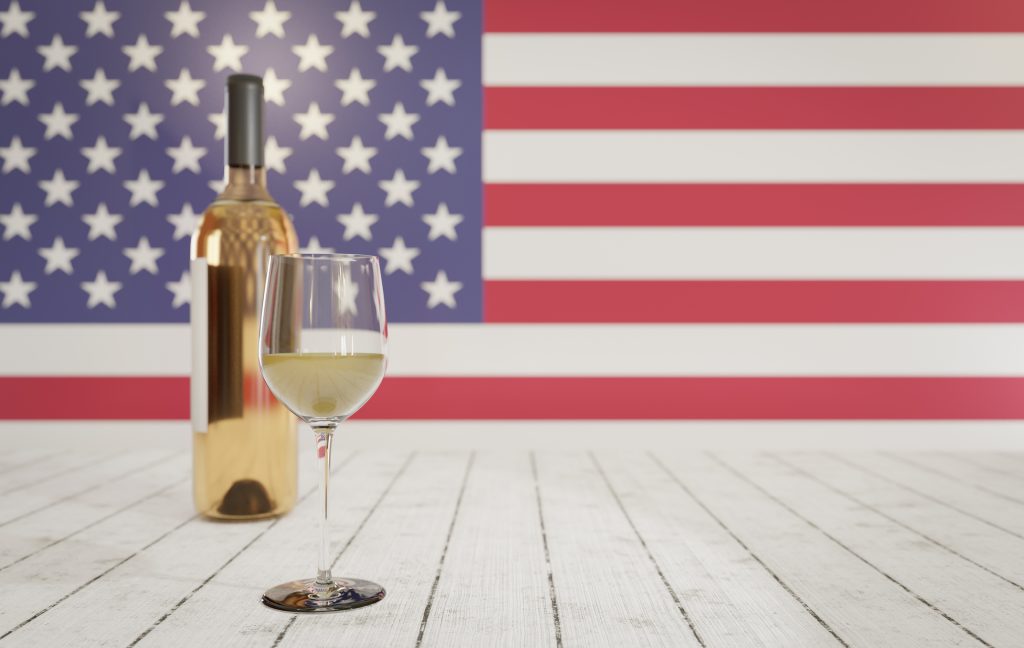New rules on organic wine in US may ‘harm’ industry
By Arabella MilehamNew certification rules on organic wine sold in the US that have recently come into effect could cause “widespread harm to the organic wine and spirits industry”, the industry has warned.

The new rules, which came into force last month (19 September) after a six month grace period, state than wine importers selling organic in the US must obtain organic certification – even though the wine itself has been produced and bottled under organic certification in its country of origin – labels which are recognised by the USDA.
Previously, it was only necessary for the vineyards and winery that produced and bottled the wine to be certified as organic. However, new rules under the Strengthening Organic Enforcement (SOE) regulations, which were first announced in January 2023, extend this requirement to importers, even though they are not involved in handling the wine or bottling it themselves.
The aim was “to better protect organic businesses and consumers” and prevent fraud, the USDA said at the time, and provide a level playing field by ensuring that all organic products on the market are subject to the same regulations.
However one problem is that the rules are not specifically designed for wine, which come under the “processed product” category (the others are crops, livestock and wild crops) and it is therefore enforcing the same rules for wine as for products such as soup or salad that have been handled and packaged or combined, processed and packaged.
The changes mean that importers who don’t have certification won’t be able to market the wine as organic. If they continue to market it as organic without the additional certification, the importer as well as the original foreign wineries may face penalties, ranging from being held at customs, potential fines, or cease-and-desist orders.
Partner Content
They were originally due to come into effect in March this year, but were extended for six months, however a letter from bipartisan members of Congress to the Deputy Administrator of the National Organic Program published two weeks ago, has argued for a longer lead-in time, citing a four-month backlog for businesses getting certification.
The bipartisan letter was led by the congressman for New York’s Finger Lakes region Nick Langworthy along with eight members of congress from both parties. They called for an extension of the grace period to allow them to obtain certification, saying that not doing so “could cause widespread harm to the organic wine and spirits industry”.
“An extension will help safeguard the uninterrupted international commerce of wines and spirits and protect the livelihoods of those who make it happen,” it said.
The Wine and spirit wholesalers of America (WSWA) warned that “without immediate action, wine and spirits importers and distributors face economic consequences due to the inability to bring products into the country, and many businesses may be forced to reconsider their investment in organic products just as consumers are gravitating toward them.”
It is feared that that rules would disproportionately hit smaller importers who don’t have the resources to obtain the right certification in time and may therefore be forced to stop marketing organic wines all together, or cause European producers to drop the organic label from products destined for the US market, thereby reducing choice for consumers. Even if European producers do change labelling for wines for export to the US, it would limit choice as wines that are made organically might no longer be marked as such, thereby making it more difficult for consumers to make informed choices.




